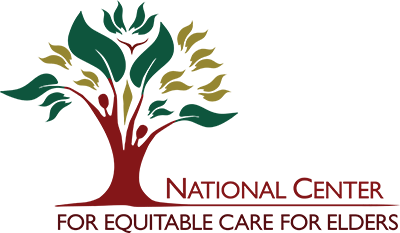About
Life transitions, which are frequently experienced by adults over age 65, are a risk factor for social isolation, which is associated with physical and cognitive decline in this older population.
This learning collaborative explored the subjective experience of social isolation, as well as supportive services (public and for-profit) available in communities to promote healthy aging throughout social networks.
Learning Objectives
- Explain the physical and mental health effects of social isolation on older adults
- Identify structural and interpersonal risk factors that contribute to social isolation and perceived loneliness
- Develop evidence-based messages that demonstrate the physical and mental health effects of social isolation in order to leverage local support services for isolated older adults
Request Access to Resources
Registered participants: Email us to access materials for each of the sessions.
Interested in accessing materials from this learning collaborative but you're not affiliated with a HRSA-funded health center or look-alike? Contact us with information about your organization and intended use of our materials.
